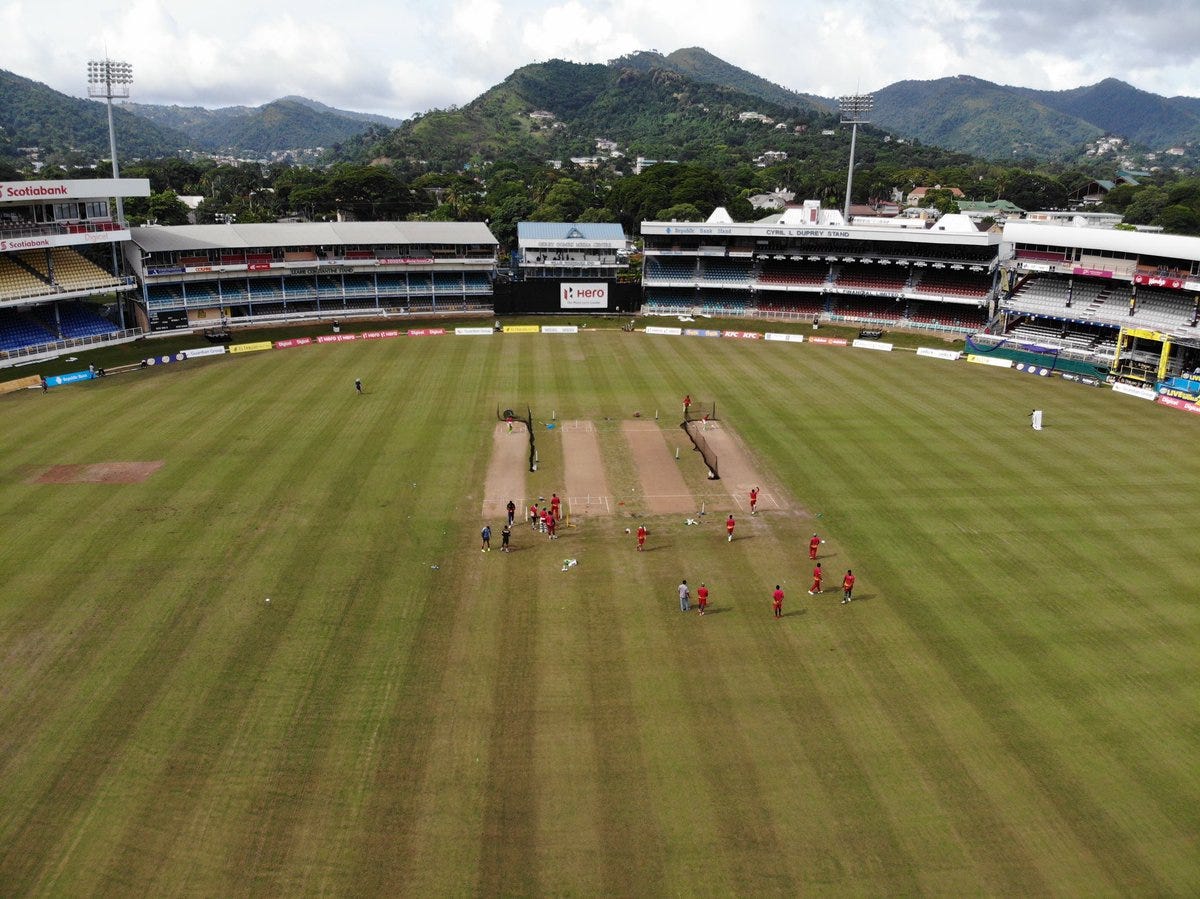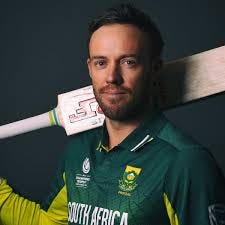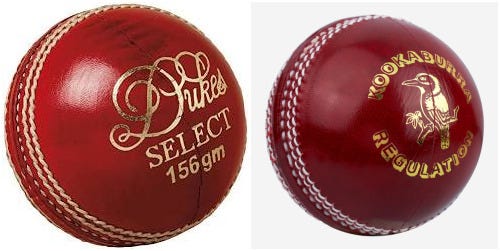Spoiler alert – there is more in this column on Cricket South Africa’s administration. If you can’t stomach it, now’s the time to hit the delete key. Or forward it to someone who does have the fortitude to read it and ask them to give you the gist.
But before that, some news, in case you missed it. The Proteas will gather for a bio-secure training camp next week to prepare for next month’s tour to the Caribbean during which they will play two Test matches and five T20 Internationals against the West Indies.
They will be flying from SA via Paris to the former Dutch protectorate of St. Maarten in the Caribbean from where the WICB will transport them on a charter plane to their final destination – which is still unknown. Trinidad and Tobago’s government approved the use of the Queen’s Park Oval in Port of Spain for the tour (all matches will be played at one venue) but they gave the final word to the nation’s Chief Medical Officer, Dr Roshan Parasram, and that word was ‘no.’
The WICB is desperate for the tour to go ahead, however, and negotiations are now taking place with the governments of Barbados and St.Lucia to find a safe, logistical resolution. The Proteas will then fly directly from the Caribbean to Ireland (or as ‘directly’ as commercial flights will allow) where they are scheduled to play three further T20Is and three ODIs which will count towards World Cup qualification for 2023.
In other news it was confirmed that plans have been made to tour Sri Lanka for more white ball cricket in September and India in October before the T20 World Cup. Both of those tours could become collateral damage if the IPL is continued in the mid-September to mid-October window. BCCI president, Saurav Ganguly, suggested that a failure to complete the remaining 31 matches in IPL 2021 will lead to a loss in revenue of approximately $500 million. It WILL be completed.
At home CSA’s battle to have its redrafted constitution incorporated continues with SASCOC, of which all official sporting codes in South Africa have to be members, refusing to ‘accept’ CSA’s new MOI which incorporates a majority independent board and an independent chairperson. With apologies to South African readers who may know and even understand most of this, I’ll keep things simple for the benefit of the many puzzled international readers who have asked what is going on.
Like CSA, the South African Sports Confederation and Olympic Committee has a minority of independent directors. Like CSA it has, for years, been beset by scandals, financial impropriety and woeful administration. The back-stabbing fights for power, perks and influence have become so commonplace that anger amongst real sports people has turned to fatigue and disdain. The modus operandi now for anybody who actually wants to compete is to bypass SASCOC as often and efficiently as possible.
What might happen to SASCOC if Cricket is transformed with a modern, professional administration with internationally accepted standards of good corporate governance? The Minister of Sport, Nathi Mthethwa, has strong-armed the recalcitrant amateurs on the CSA Members Council into accepting a brave new world in which they cannot do as they want without accountability or consequence. The fat-cats at SASCOC, drunk on power, high on influence and accustomed to Business Class, are worried. So they are fighting.
Their problem, it appears, is that they were formed by the government and are therefore answerable to the Minister. Having a national body overseeing all of the country’s national sports federations seemed like a good idea at the time, until it started rotting in the waste of its own corruption. The next fight is directly between the Minister and the board of SASCOC. At his last public appearance, the Minister was asked what “relevance” SASCOC still had. “I don’t know,” he replied, wearily. The CSA Interim Board has obtained legal opinion on the implementation of its new constitution and regards it, without hesitation, as a green light to press on.
Another reminder, now, that majority ‘independence’ in the governance of CSA does not guarantee success. For a start, there is a mere three-year ‘cooling off’ period required before even the most partisan of provincial presidents can re-apply to be an ‘independent’ director. If the Nominations Committee (explained in an earlier column) fails to be thorough, some or even many of the same people who shambolically presided over the game for years, could be back at the head table. I hope, trust and believe that will not happen due to the structure and composition of the Nominations Committee. If that is tampered with, all hope and belief will disappear.
The principle of independence on the new CSA board is, however, critical. Chartered Accountants and Lawyers can take chair the Audit and Risk & Social and Ethics committees but the most important, surely, is the Cricket Committee. The people who debate and decide on critical aspects of the core of the business must, surely, be required to have both personal experience and a detailed if not intimate knowledge of the key issues now facing the game.
Should CSA be contracting its national players on a ‘format’ basis? Test specialist and T20 specialists? Should non-contracted, ‘free-agent’ players like Chris Morris, AB de Villiers and Faf du Plessis be selected for one-off events? And if so, how? And how many? What effect might their selection have on the success of the domestic structure if the best local players believe they can opt for a lucrative ‘freelance’ career if they will still be selected for the Proteas anyway? Why do we use the Kookaburra ball in SA and not the Dukes ball?
The briefest of glances at the composition of the CSA Cricket Committee in recent decades, specifically the chairperson, reveals almost everything you need to know about how the organisation has run itself. Apart from SACA’s nomination for the last 18 months, the excellent Stephen Cook, you would require no fingers to count the number of first-class never mind international caps at the table. They could not debate any cricket-specific topic with authority, or nuance. In the circumstances, it is hard to ignore the relevance of the extra cash paid to those directors chairing sub-committees.
It may be optimistic, at least initially, to hope that independent directors will make the difference needed, but they will, or should, say: “We don’t know anything/enough about this subject, but neither do you. Therefore we suggest that we find some people who do.”
Thank you so to everyone who has shown their appreciation of my work and this column. I am entirely freelance but have no intention of going down the exclusively ‘paid subscription’ route.
Please encourage anyone you think may be interested in columns like this to subscribe. And you can still Buy Me a Coffee, or several coffees if you like (simply change the number of coffees to your preferred amount).







Thank you Neil for your excellent piece and for explaining with great clarity all the complexities facing the great game in SA